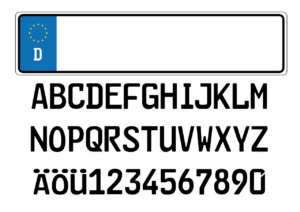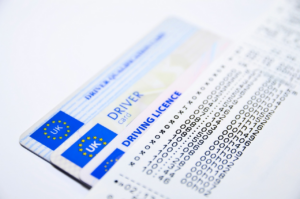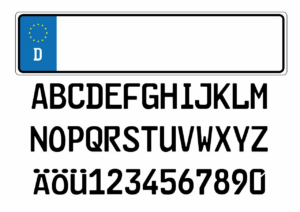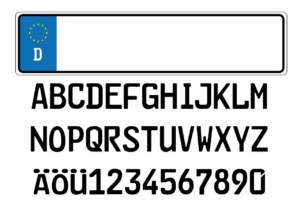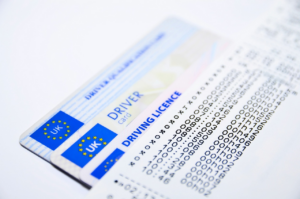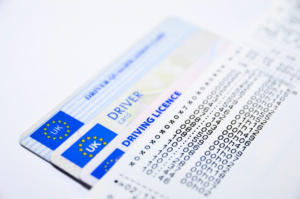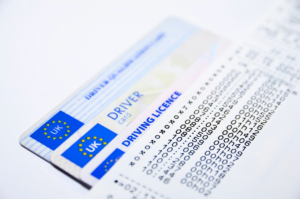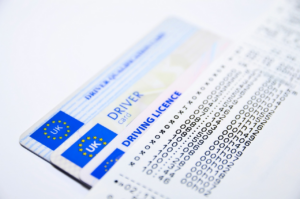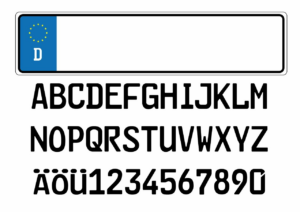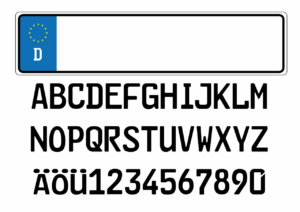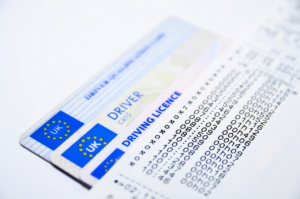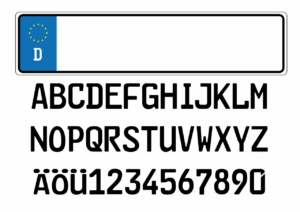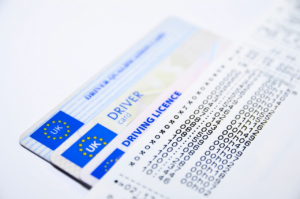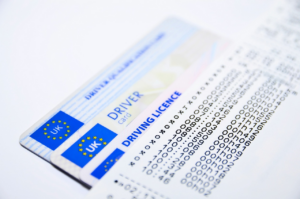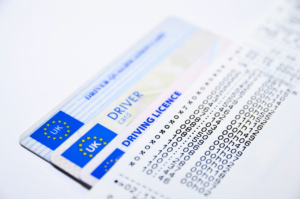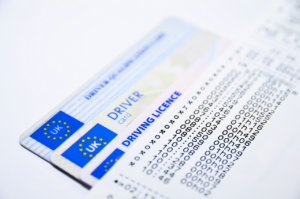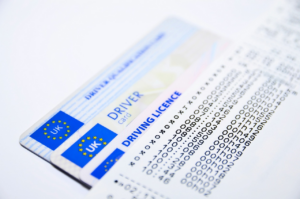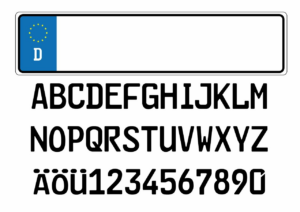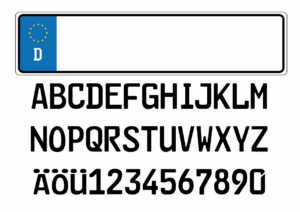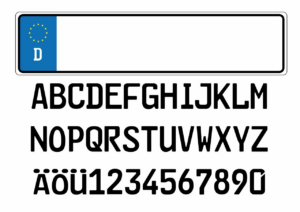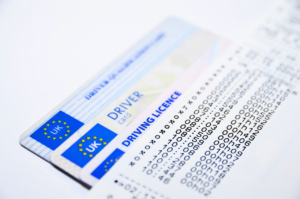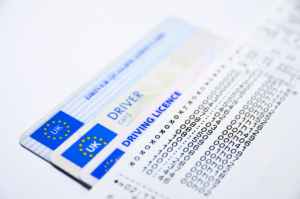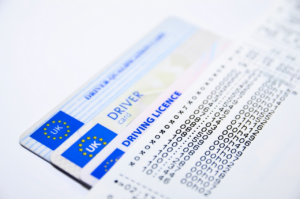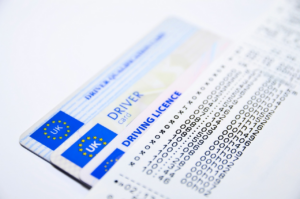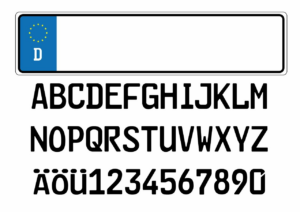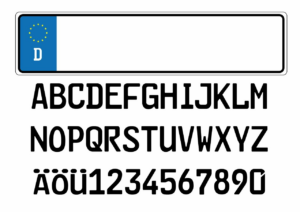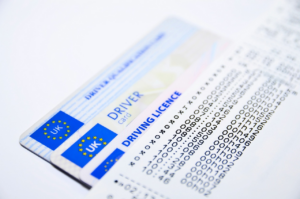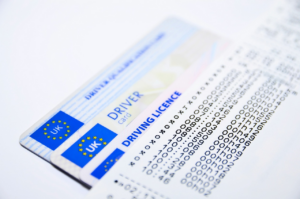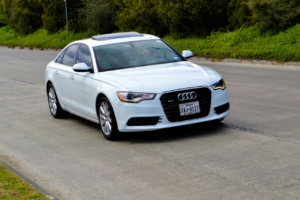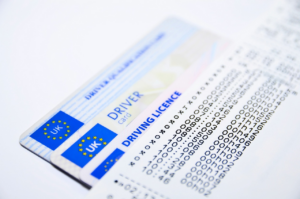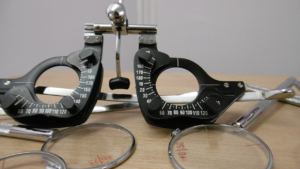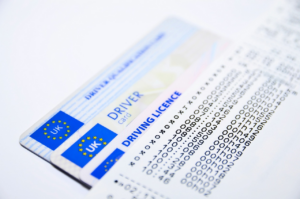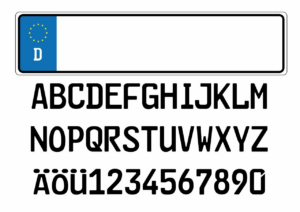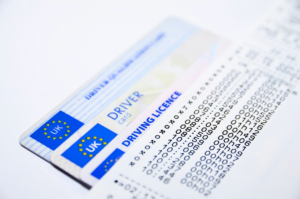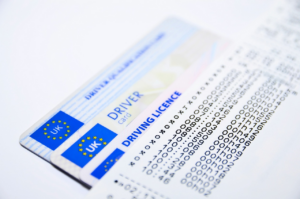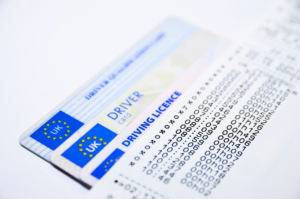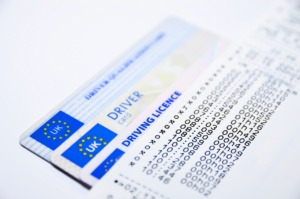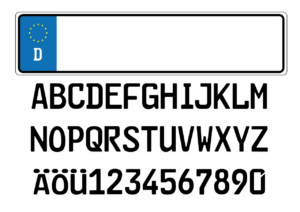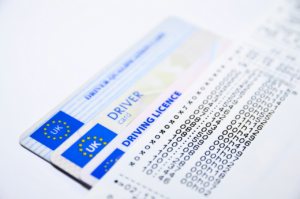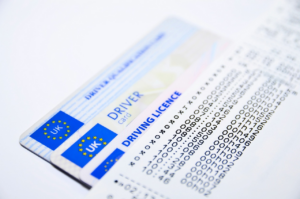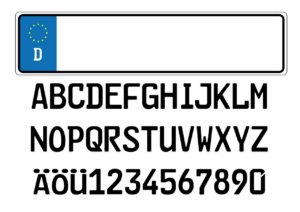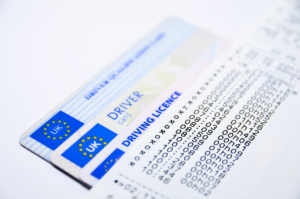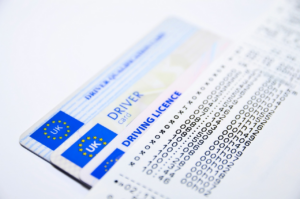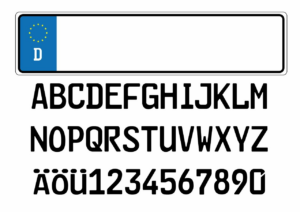Getting your Maine driving license can be a daunting process, but it doesn’t have to be. With the right information and preparation, you can confidently navigate the requirements and testing process to obtain your license and hit the road.
In this complete guide to Maine driving licenses, we will walk you through the steps you need to take to get your license, including requirements, testing procedures, and types of licenses available.
We’ll also cover important topics such as driver education and training, Maine driving laws and regulations, auto insurance requirements, and how to renew and maintain your license.
With this knowledge, you’ll be able to make informed decisions and take control of your driving future. So, whether you’re a new driver or a seasoned one, let’s get started on the path to obtaining your Maine driving license.
Requirements for Obtaining a Maine Driving License
You’re itching to hit the road, but before you can, you’ll need to meet a few requirements to get your hands on that shiny new driver’s permit.
The first requirement is that you need to be at least 16 years old. If you’re under 18, you’ll need to have a parent or legal guardian sign your application for a permit or license.
In addition to age, you’ll need to provide proof of identity, residency, and legal presence in the United States. This can be done by providing a birth certificate, passport, or other government-issued identification.
You’ll also need to pass a vision test and a written knowledge test before you can receive your learner’s permit. Once you’ve completed these requirements, you’ll be on your way to getting your Maine driver’s license!
The Testing Process
Get ready to ace your driving test by learning about the testing process! The testing process for a Maine driving license is divided into two parts: a written test and a road test.
The written test consists of 30 multiple-choice questions that cover Maine driving laws, road signs, and safe driving practices. You must score at least 80% to pass the written test. If you fail, you can retake the test the next day.
Once you pass the written test, you can schedule your road test. The road test is designed to evaluate your driving skills and your ability to follow traffic rules. You will be tested on parallel parking, backing up, turning, stopping, and starting. You will also be required to demonstrate your ability to safely merge into traffic, change lanes, and obey traffic signals and signs.
If you pass the road test, you will receive your Maine driving license. Congratulations!
Types of Maine Driving Licenses
Now that you know the testing process, let’s talk about the different types of licenses you can obtain in the state of Maine.
There are several types of licenses available depending on your age and driving experience.
First, there is the learner’s permit, which is available to those who are at least 15 years old. This permit allows you to practice driving with a licensed driver over the age of 20.
After holding a learner’s permit for 6 months, you can apply for a provisional license, which allows you to drive alone but with certain restrictions, such as no passengers under 20 years old.
For those who are at least 16 years old and have held a learner’s permit for at least 6 months, you can apply for a Class C driver’s license. This is the standard license for non-commercial drivers and allows you to drive most passenger vehicles, such as cars, vans, and small trucks.
Additionally, there are other types of licenses available, such as Class B and Class A, which allow you to drive larger vehicles such as buses and tractor-trailers.
It’s important to check with the Maine Bureau of Motor Vehicles to determine which license is appropriate for your needs.
Driver Education and Training
Let’s dive into the importance of driver education and training to ensure you’re prepared and confident behind the wheel.
Maine requires all new drivers under the age of 18 to complete a state-approved driver education program. This program includes both classroom instruction and behind-the-wheel training. It will not only teach you the rules of the road and the basics of driving but also help you develop the skills and confidence necessary to become a safe and responsible driver.
For those over the age of 18, driver education isn’t required, but it’s highly recommended. You can choose to take a driver education course through a private driving school or through the Bureau of Motor Vehicles. These courses will cover the same topics as the under-18 program. They’ll also provide more advanced instruction on defensive driving techniques, handling emergency situations, and navigating complex driving environments.
By investing in driver education and training, you can ensure that you’re fully prepared to handle any driving situation that comes your way and feel confident behind the wheel.
Maine Driving Laws and Regulations
When it comes to driving in Maine, you need to be aware of the state’s traffic laws, seat belt and child safety laws, and DUI laws.
These regulations are in place to keep you and other drivers safe on the road. By understanding and following these laws, you can help prevent accidents and avoid legal consequences.
Traffic Laws
Understanding and following traffic laws is essential for safe and responsible driving. In Maine, there are specific traffic laws that you should be aware of to avoid getting a ticket or causing an accident. Here are some of the essential traffic laws you should keep in mind:
-
Always wear your seatbelt while driving, and make sure all passengers do the same.
-
Stop at a red light or stop sign and proceed only when it’s safe to do so.
-
Yield to pedestrians in crosswalks, and don’t pass a stopped vehicle that’s letting a pedestrian cross.
-
Keep a safe distance between your vehicle and the one in front of you to avoid rear-end collisions.
-
Observe the speed limit and adjust your speed according to road conditions.
It’s important to remember that traffic laws are in place to keep you and other drivers safe. Failing to follow these laws can result in fines, points on your license, and even the loss of your driving privileges. So, always be mindful of the traffic laws and drive responsibly.
Seat Belt and Child Safety Laws
Buckling up your seatbelt and ensuring your child is properly secured in their car seat can make all the difference in the event of a sudden stop or collision. Maine law requires all drivers and passengers in a vehicle to wear a seatbelt while the vehicle is in motion. In addition, children under the age of 18 must be properly secured in a child restraint system that meets federal safety standards.
To provide a visual understanding of the safety benefits of wearing a seatbelt and properly securing a child, refer to the table below:
| Type of Crash | Injury Risk Without Seatbelt | Injury Risk With Seatbelt |
|---|---|---|
| Frontal | 20x greater | Significantly reduced |
| Side | 5x greater | Significantly reduced |
| Rear | 8x greater | Significantly reduced |
By following seat belt and child safety laws, you are not only avoiding potential legal consequences, but also protecting yourself, your loved ones, and other passengers in the vehicle. Remember, safety is a top priority on the road and buckling up is a simple and effective way to ensure it.
DUI Laws
Don’t risk getting behind the wheel after drinking, as DUI laws can result in serious consequences. Maine has strict laws regarding driving under the influence of drugs or alcohol, and it’s important to understand them before getting behind the wheel. Here are four things you should know about DUI laws in Maine:
-
If you’re caught driving under the influence, you’ll face criminal charges.
-
The legal limit for blood alcohol concentration (BAC) in Maine is .08%.
-
Penalties for a first offense can include fines, license suspension, and even jail time.
-
Repeat offenders will face even harsher penalties, including longer license suspensions and mandatory jail time.
Remember, drinking and driving is not only a danger to yourself and others on the road, it can also have serious legal consequences. Always plan ahead for a safe ride home, and never get behind the wheel if you’ve been drinking.
Auto Insurance Requirements
You may be surprised to learn that having the right auto insurance coverage is not only important for protecting yourself and your vehicle, but it’s also a legal requirement in many states, including Maine. In fact, if you are caught driving without insurance, you could face fines, license suspension, and even legal action.
To make sure you have the appropriate coverage, it’s important to understand the minimum requirements set by the state of Maine. Here’s a handy table to help guide you:
| Coverage Type | Minimum Required Amount |
|---|---|
| Bodily Injury Liability | $50,000 per person/$100,000 per accident |
| Property Damage Liability | $25,000 per accident |
| Uninsured Motorist Bodily Injury | $50,000 per person/$100,000 per accident |
| Medical Payments | $2,000 per person |
Remember that these are just the minimum requirements, and you may need additional coverage depending on your personal situation. It’s always a good idea to consult with an insurance agent to make sure you have the right level of protection for you and your vehicle. By taking the time to understand and meet Maine’s auto insurance requirements, you can drive with confidence and peace of mind.
Renewing and Maintaining Your Maine Driving License
Renewing and maintaining your driving privileges is crucial for staying on the road and avoiding the gut-wrenching feeling of being stranded without transportation.
The Maine Bureau of Motor Vehicles (BMV) requires drivers to renew their licenses every six years. You’ll receive a renewal notice in the mail about two months before your license expires, so it’s important to make sure your address is up-to-date.
To renew your license, you’ll need to visit a BMV office and bring your current license, proof of identity, and payment for the renewal fee. If you have any outstanding traffic violations or unpaid fines, you’ll need to take care of those before you can renew your license.
It’s also important to note that if your license has been expired for more than two years, you’ll need to retake the written and driving tests. So, make sure to keep track of your license expiration date and renew it in a timely manner to avoid any unnecessary complications.
Additional Resources
If you want to learn more about maintaining your driving privileges, check out the resources provided in this section.
The Maine Bureau of Motor Vehicles website is a great place to start. They’ve got a wealth of information on driver’s license renewal, fees, and requirements. You can also find information on how to reinstate your license if it’s been suspended or revoked.
Another resource to consider is the Maine Driver Education and Evaluation Program. This program offers courses that can help improve your driving skills and reduce the risk of accidents. They also offer courses for drivers who’ve had their license suspended or revoked.
By taking advantage of these resources, you can ensure that you maintain your driving privileges and stay safe on the road.
Frequently Asked Questions
Can I apply for a Maine driving license if I am not a citizen of the United States?
Yes, you can still apply for a Maine driving license if you’re not a citizen of the United States. However, you need to have the necessary documents to prove your legal presence in the country, including a valid passport, visa, and/or immigration documents.
You’ll also need to pass the written and driving tests, as well as a vision screening. It’s important to note that Maine has a graduated licensing system, which means that new drivers are subject to certain restrictions until they gain more experience on the road.
Overall, obtaining a Maine driving license as a non-citizen requires some extra steps, but it’s definitely possible.
How long does it take to receive my Maine driving license after I pass the driving test?
After passing your driving test, you can expect to receive your Maine driving license within 2-4 weeks. However, this timeline may vary depending on the volume of applications being processed.
To ensure a smooth process, make sure all necessary documents are submitted and that you’ve paid any applicable fees. Keep in mind that you may be issued a temporary license while waiting for your official license to arrive.
If you have any concerns or questions about the status of your license, don’t hesitate to reach out to the Maine Bureau of Motor Vehicles.
Is it possible to transfer a driving license from another state to Maine?
If you’re moving to Maine from another state, you may be wondering if you can transfer your current driving license. The answer is yes, you can transfer your out-of-state license to a Maine license.
However, the process can vary depending on the state you’re coming from. You’ll need to provide documentation such as proof of identity, residency, and your current license. You may also need to take a vision test, written test, or driving test depending on your situation.
It’s important to note that there may be fees associated with transferring your license. Overall, transferring your license to Maine is possible, but it’s important to understand the specific requirements and steps involved.
What should I do if my Maine driving license is lost or stolen?
If you’ve lost your Maine driving license or had it stolen, don’t panic! The first thing you should do is report it to the police and get a copy of the police report.
Then, you can either go to a Bureau of Motor Vehicles (BMV) branch office or use their online service to request a replacement license. You’ll need to provide identification, such as a passport or birth certificate, as well as proof of your Maine residency.
There’s a fee for a replacement license, so be prepared to pay that as well. Once you’ve completed the process, you’ll receive a new license in the mail within a few weeks.
Remember to keep your new license in a safe place to avoid having to go through this process again!
Can I renew my Maine driving license online or do I have to visit the DMV in person?
You can renew your Maine driving license online or in person at the DMV. To renew online, you must meet certain eligibility requirements, such as having a valid license with no restrictions or endorsements. You’ll also need to provide your Social Security number, license number, and date of birth.
If you’re eligible, you can renew your license online by paying the fee and completing the necessary forms.
If you prefer to renew in person, you’ll need to bring your current license, proof of identity, and proof of residency to a DMV office.
Regardless of how you choose to renew, be sure to do so before your license expires to avoid any penalties or fees.
Conclusion
Congratulations! You now have a comprehensive understanding of what it takes to obtain and maintain a Maine driving license.
Remember, the process involves meeting certain requirements, passing tests, and following state laws and regulations. It’s also important to stay up to date on auto insurance requirements and to renew your license on time.
As you begin your journey as a licensed driver in Maine, make sure to prioritize safety behind the wheel and continue to educate yourself on the rules of the road.
And if you ever have any questions or concerns, don’t hesitate to utilize the additional resources available to you, such as the Maine Bureau of Motor Vehicles website or your local driving school.
Safe travels!





